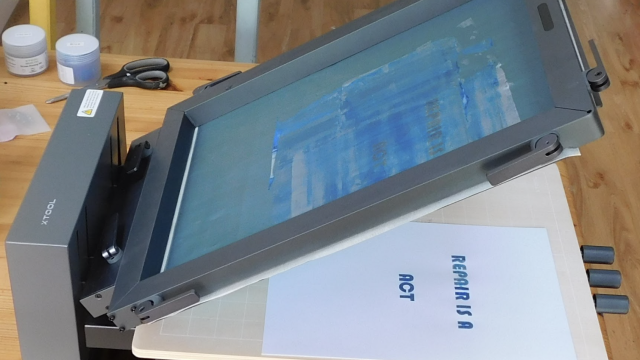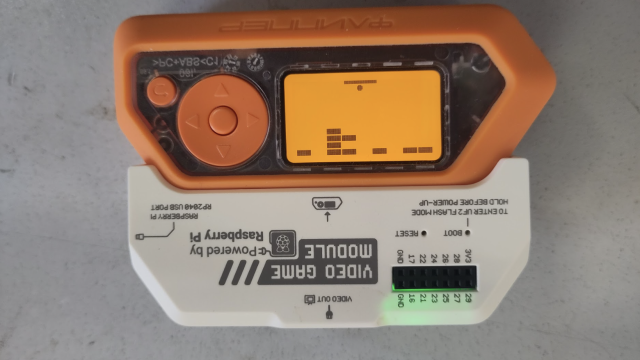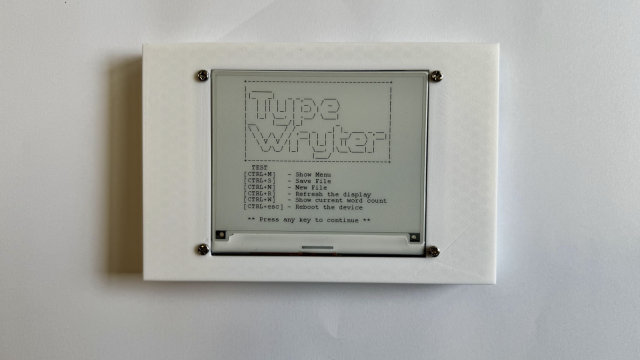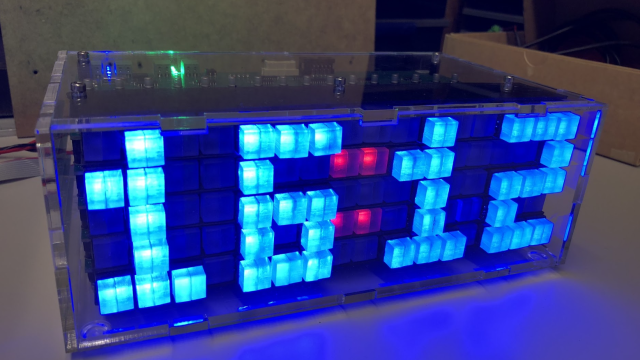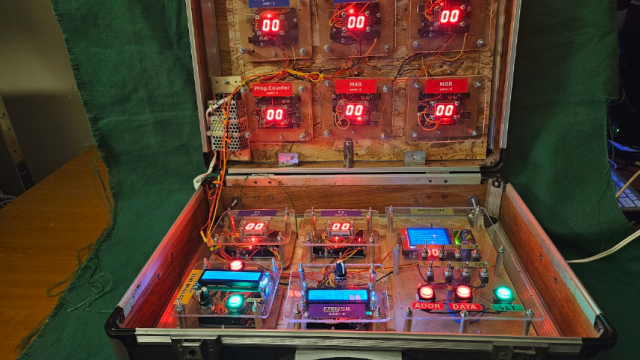There are no buttons on the Pokit device, apart from the mechanical button to retract the probe leads, and turning the device on is achieved by removing an insulating plastic slip underneath the battery. Taking out the battery to do this reveals the location of the main fuse underneath. Once on, the Pokit shows no sign of activity but has its Bluetooth mode set to discovery; the battery life is stated to be up to a year.
We noted that you shouldn’t use your phone’s built-in Bluetooth tools to try to connect/pair to the Pokit, but should instead connect through the Pokit application. Also of note is that, on Android, not only do you need to have Bluetooth enabled, but also have location services enabled on your phone to connect. We are aware that this is to do with the way permissions are bundled in the Android operating system, and lots of BLE devices need this service enabled.

Once connected, the application is pretty simple to use. It opens in multimeter mode, and a slider at the right-hand side allows you to switch between various functions. In digital multimeter mode, you can perform the usual measurement of DC and AC voltage (max 60 V DC, 2 amps), electrical resistance, continuity checking, and temperature. Pressing the menu button allows you to swap between multimeter, oscilloscope, and data logger.
Playing with the multimeter mode, it works quite well to measure voltages and seems to return similar results as other multimeters (such as a UNI-T and Vichy DMM). We noticed online some older forum posts discussing the accuracy of the Pokit, which is now stated at +-1% on voltages and current, +-5% on resistance, and 1 degree Celsius in temperature. Having compared with our other (albeit budget) multimeters, we see no reason to doubt this level of accuracy.
It took us a while in continuity mode to work out that we needed to enable system sounds in Android for it to make a continuity bleep. But once we did, it worked well, and we were pleasantly surprised that there wasn’t too much lag in taking a reading.
Looking at the digital storage oscilloscope mode, the Pokit can be used in FFT mode as a spectrum analyser, can be set to auto-trigger, or use an adjustable trigger that can be set on rising or falling. It can handle up to 2 amps maximum and up to 60 V DC or 42 V AC. With 1Msample/sec and 12-bit, this scope is similar to the plethora of small kit oscilloscopes that are great for learning on across a limited range: useful only perhaps if you are working on an electronics project within audio type frequency ranges.
Despite these limitations, the Pokit has some obvious advantages in that it can use your mobile phone storage and can archive samples, and you can pinch and zoom the display rather than button presses or switch setting in a hardware counterpart. We tested the Pokit by using a hardware DSO138 cheap oscilloscope kit we built a while ago, acting as a (noisy) square wave generator, and the Pokit captured the waveform accurately.
Finally, we explored the data logging function of the Pokit application. You can log temperature, DC or AC voltages, or current. You can set the frequency of sampling and the amount of time it will sample for, and we were pleased to discover that once the Pokit starts sampling and compiling the log, it can continue to do so without being connected to the phone. With up to 8000 memory points, this means that it could theoretically log a value for up to six months. Again, the data logs that are created can be archived in the application, and the display of the logs over time is easy to look through using pinch to zoom and scrolling etc.
The Pokit is a great bit of kit and useful as a multimeter that you can always carry around in a handbag or pocket. The oscilloscope is fun to play with and learn on, and it may be a perfect solution for a data logging project.
Pokit $89.99 pokitmeter.com
VERDICT
A great oscilloscope for when space is tight.
8/10

